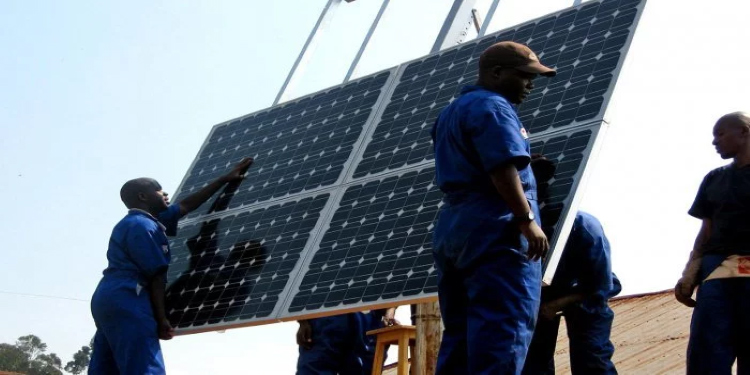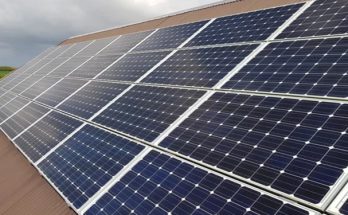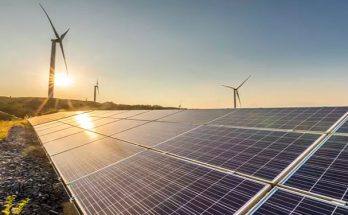 Prime Minister Kassim Majaliwa declared last month that Tanzania’s transition to clean energy was among key issues on the national agenda.
Prime Minister Kassim Majaliwa declared last month that Tanzania’s transition to clean energy was among key issues on the national agenda.
Mr Majaliwa’s statement come a day after Tanzania Electric Supply Company Limited (Tanesco) signed a Sh274.7 billion contract for the 150MW solar energy project in Kishapu, Shinyanga.
Mr Majaliwa was speaking as he graced the Energy Week exhibitions organised by the Ministry of Energy.
He said considering its significance, the government has formulated a national committee responsible spreading public awareness and for showing entrepreneurs the opportunity that come with the agenda.
Formulation of the committee, Mr Majaliwa said, was instructed by President Samia Suluhu in November last year where she told her lieutenants to, other things, review existing policies to move towards the national plan to eliminate the use of dirty cooking fuel by 2032.
“We will start by enforcing alternative energy usage in big institutions across the country such as the education sector, army barracks, colleges and universities as well as secondary schools,” he said.
And the signing of a solar power project was a significant undertaking that underscores the government’s commitment to sustainable development and positions Tanzania as a regional leader in renewable energy innovations.
The project, according to the Tanesco’s manager of projects, transportation and distribution, Mr Frank Mashalo, will commence this month (June 2023) whereby the 1st phase will generate 50 MW of electricity.
Mr Mashalo said the project will be implemented in a one year period by Chinese contractors Sinohydro Corporation.
“This project aims at increasing the sustainability of power supply in the country and is part of the Tanesco’s mission to balance the energy mix generating power from different available resources,” he told The Citizen.
Mr Mashalo said this project will also add efforts to the strides achieved in improving Tanzanians transition to clean energy.
Speaking during the signing energy minister Mr January Makamba was quoted saying that the project was the largest and one of its kind in Eastern Africa in terms of solar photovoltaic energy sources and that the government was hopeful for a renewable energy strategy for a healthy energy mix.
That way, Tanzania would be assured of reliable power supply throughout the year.
On the country’s mission to clean energy the minister urged that the change must start at home, through making sure every household use clean energy for cooking.
“Most of energy consumption contrary to popular assumptions is not at the industries or transport. It is mainly consumed at households and when you speak of household it is mainly the cooking activities,” said Mr Makamba.
According to him as Tanzania continues to prioritise the development of renewable energy infrastructure, it is expected to unlock numerous economic and environmental benefits.
However he said there is still a huge awareness gap on the use of clean energy, and which leaves a task for everyone and institutions as well as lawmakers to take part in spreading awareness and making sure every citizen turns to safe energy usage.
The population of households using clean cooking energy in Tanzania stands at between 4.5 and 8%. In Kenya, it stands at 17%, while the global average is 70%. About 80% of Tanzania’s households depend on firewood, charcoal, and crop residues as cooking energy.




